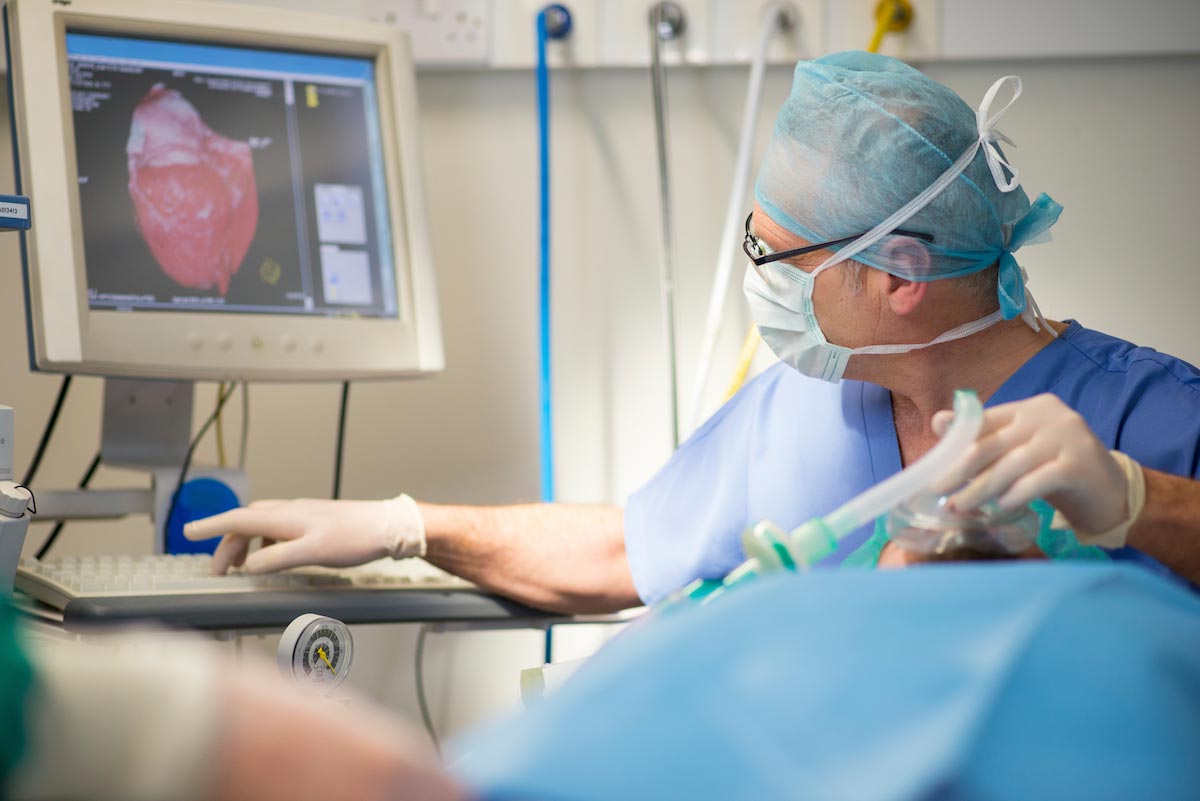Ever wonder why your steak is served with a salad? The nutrients in the salad help you digest the nutrients in the meat
03/07/2019 / By David Williams

Would you believe that a simple change in your food intake could be enough to help you prevent cancer and other diseases? Many studies have shown that diet does indeed play a huge part in causing or preventing certain diseases from occurring in the human body. But experts are still a ways from fully understanding this phenomenon.
Now a new study conducted by the French National Institute for Agricultural Research (INRA) and INSERM gives more insight, specifically on the effects of the consumption of nutritional iron from meat, having a diet rich in antioxidants, and the increased or decreased risk of breast cancer in patients. The researchers say that their findings, which were published in the journal Oncotarget, support those found in animals as well as on colon cancer: Antioxidants hold a huge potential to limit certain cancer risks.
INRA’s team of researchers found the motivation to conduct their study because of a 2015 ruling by the International Agency for Research on Cancer of the World Health Organization (WHO), which classified the consumption of processed meat products as carcinogenic, and the consumption of red meat as probably carcinogenic, to humans. Coincidentally, 2015 was also the year when INRA’s Toxalim laboratory revealed with research of their own that the biggest factor in the promotion of colon cancer was none other than heme iron in red meat. This was due to a reaction between nutritional fats and the heme iron in red meat, which ends up causing the formation of compounds that are harmful to the colonic epithelial cells.
The power of the elements: Discover Colloidal Silver Mouthwash with quality, natural ingredients like Sangre de Drago sap, black walnut hulls, menthol crystals and more. Zero artificial sweeteners, colors or alcohol. Learn more at the Health Ranger Store and help support this news site.
Details of the research
The team of researchers from INRA tried to find ways in which a method of preventing cancer could be based in one’s nutrition. They had known that the addition of calcium or antioxidants in animals helped limit, in vitro, the so-called promotion effect of heme iron in beef and processed meats.
After teaming up with other experts at INSERM, the scientists at INRA were able to take a look at results from something called the SU.VI.MAX (SUpplementation in VItamins and Anti-oXydant Minerals) study, which lasted more than eight years with almost 13,000 participants who were grouped into two: Those who used nutritionally dosed antioxidants and those who used a placebo. From it, the scientists found that “ample consumption” of nutritional iron is linked with a high risk of breast cancer in the placebo group. Meanwhile, a link between the consumption of nutritional iron and the risk of breast cancer wasn’t found in the group which used antioxidants at nutritional doses.
The researchers concluded that the risk of breast cancer in patients could be “controlled” to a certain extent simply by including antioxidants in one’s diet. This goes long quite nicely with the findings of the research conducted at INRA’s Toxalim laboratory, which tested animal models, and supports the notion that antioxidants in a person’s diet could help protect against the risk of promoting cancer caused by iron in red meat and processed meats.
Proper dietary changes
Using the data from this research, one could come up with a proper, balanced diet that would not only give ample nutritional benefits but also help reduce the risk of breast or colon cancer. The study’s abstract lays it out in a pretty straightforward manner: “These findings suggest that dietary iron intake may be associated with an increased breast cancer risk, especially in women who did not received antioxidants during the trial and who consumed more lipids.”
And so does INRA, as the agency states in a report on the study: “This specific risk should be addressed by increasing antioxidant intake, particularly by eating fruits and vegetables.” That is, having salad right along with your steak could help balance things out and reduce your risk of getting breast or colon cancer.
Sources include:
Tagged Under: antioxidants, balanced diet, breast cancer, colon cancer, INRA, nutrition, Processed Meats, red meat, salad, steak, vegetables, Veggies




















